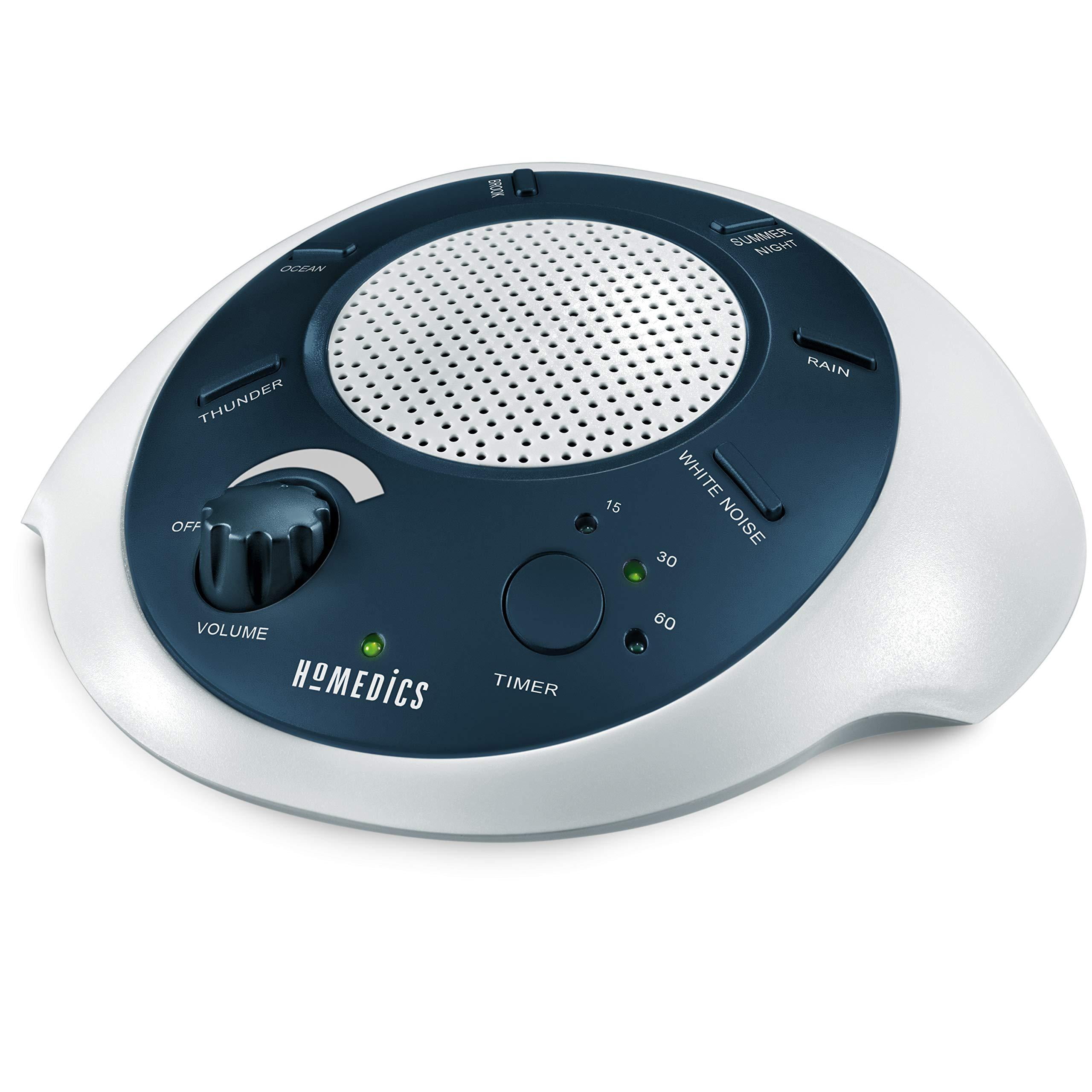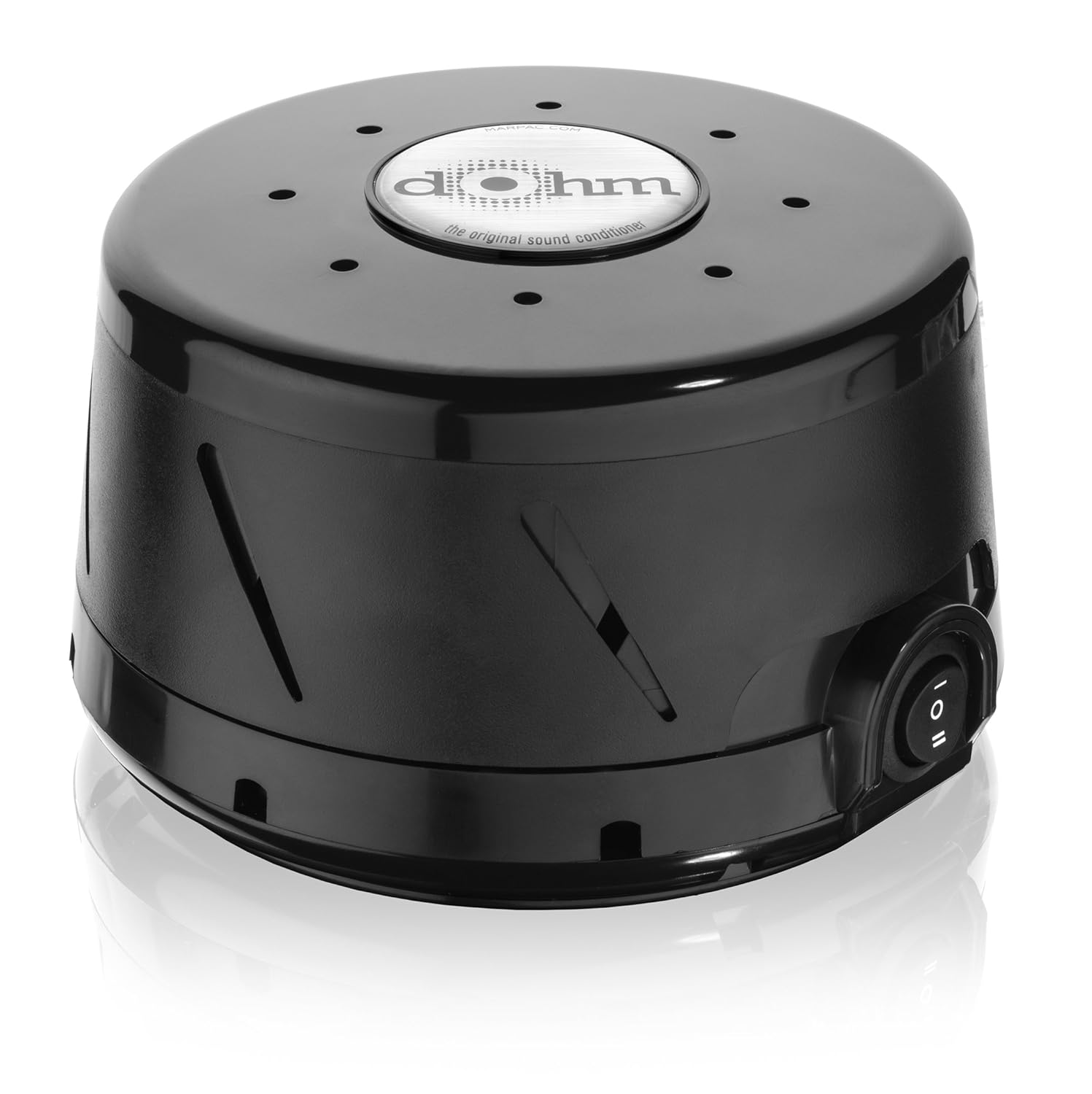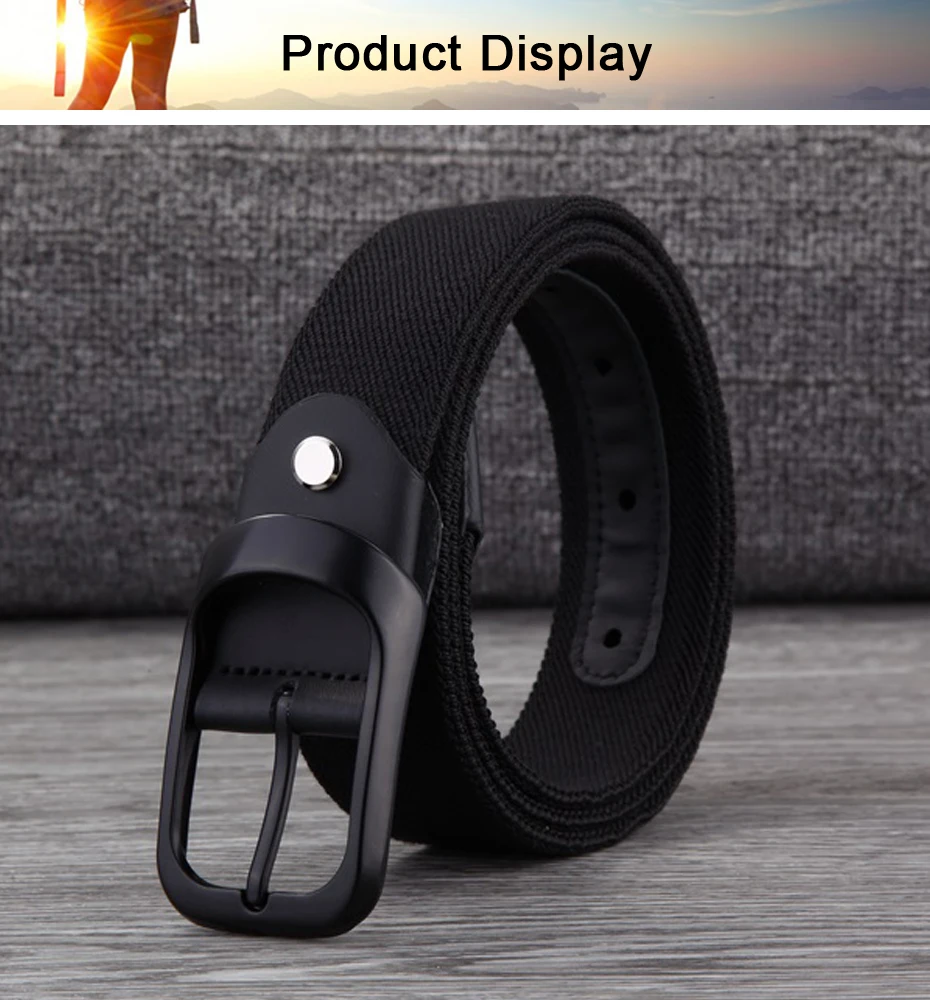

Some babies simply don't like the sound of white noise, so you may have to rely on other ways to get your little one down. Others like it so much that they become dependent and unable to sleep unless white noise is droning in the background.Īlso, if the white noise is too loud and constant, there's a small risk of hearing loss.

If a white noise machine can help keep your baby (and you) happy and well-rested, it's a great investment. Newborns up to 3 months old need to sleep about 14 to 17 hours a day and older babies need 12 to 16 hours (including naps). Getting babies all the sleep they need isn't always easy, as all new parents know. Trusted Source National Institutes of Health White Noise and Sleep Induction See All Sources One study of newborns found that 80 percent exposed to white noise dozed off within five minutes, while only 25 percent of those without the background noise fell asleep as quickly. The pros of using white noise for babies is that it soothes them and can help them get the sleep they need. What are the pros and cons of using white noise and other baby sound machines? Pros Don't put the white noise machine or its cords within your child's reach, and turn it off if it seems too loud or bothersome to him. If you're still worried about the risks, follow common sense and your instincts. Trusted Source American Academy of Pediatrics Infant Sleep Machines and Hazardous Sound Pressure Levels See All Sources

The American Academy of Pediatrics (AAP) recommends using a white noise machine set no louder than 50 decibels (about the sound level of a quiet dishwasher), so you'll want to place it well away from baby's crib, use a low volume setting and stop playing it once baby falls asleep, if possible. White noise is meant to be in the background, so as long as it stays there, white noise is okay for babies from a health perspective.


 0 kommentar(er)
0 kommentar(er)
